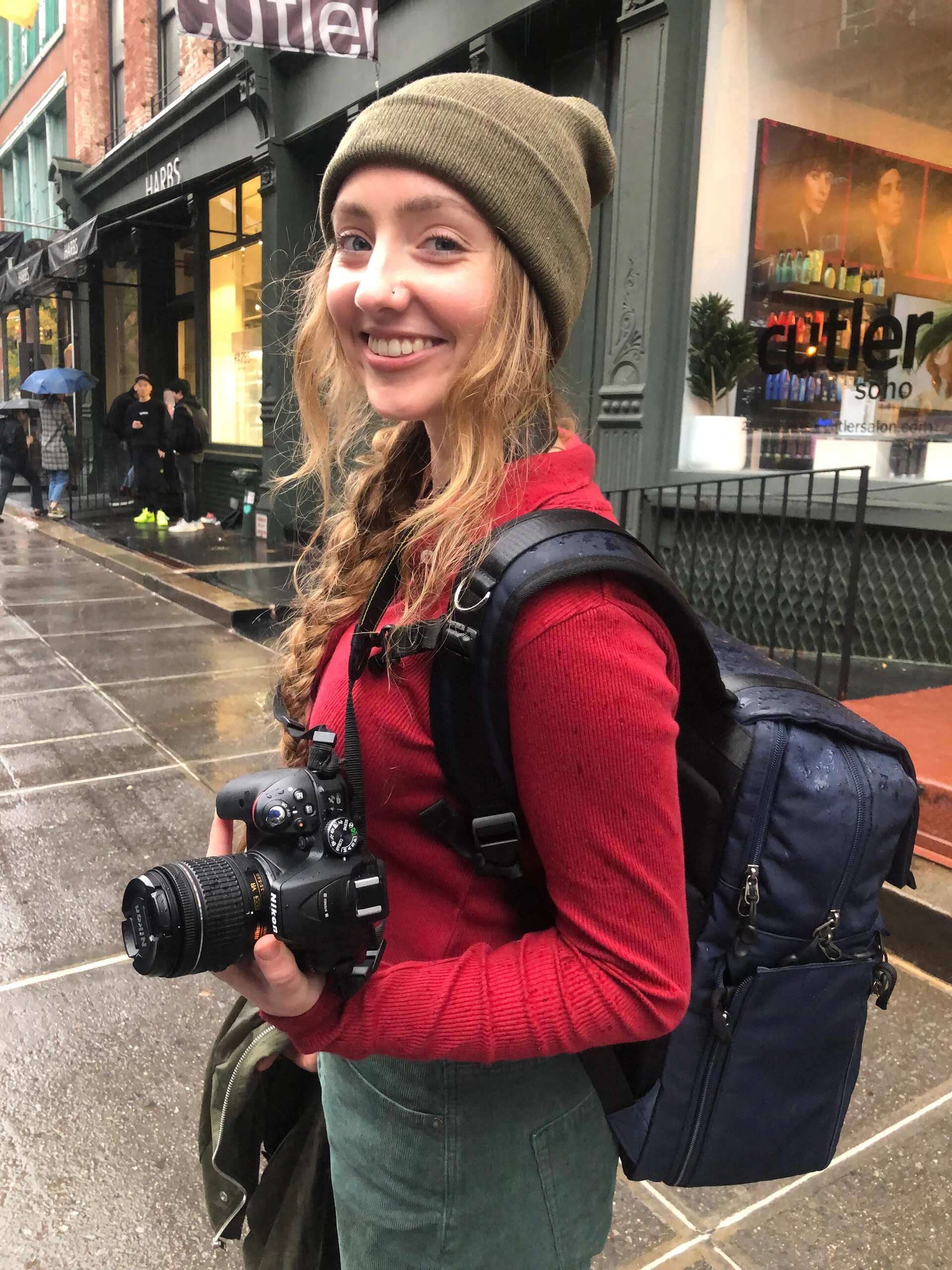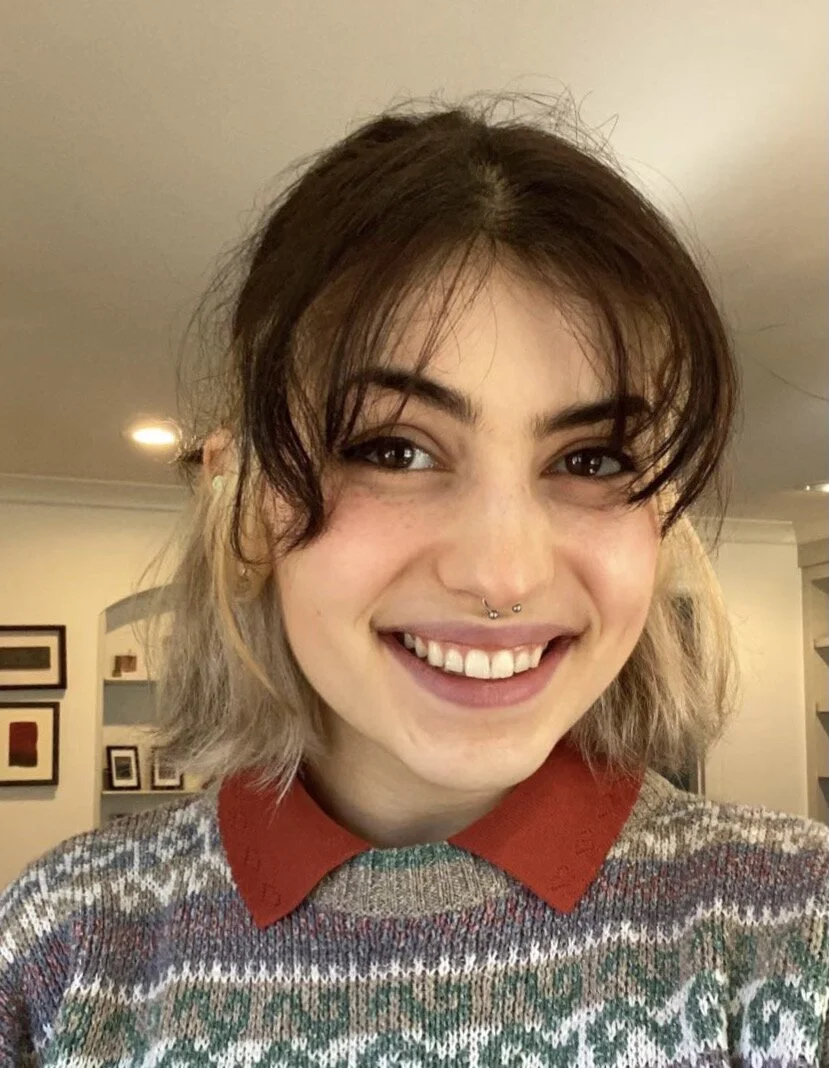My most recent project was a short documentary called "Living in Litter". I highlighted why people litter within their own communities and how these communities have become accustomed to living in litter. Another short documentary project that I am beginning the process to film in the future is about mushrooms being the future of sustainable eating and product packaging.
I strongly feel that storytelling is a key tool to tackling climate change. Filmmakers (like myself), photographers, journalists, and artists are crucial resources for environmental communicators to urge the public to take part in sustainable efforts that can combat climate change. Artists, filmmakers, and photographers often address climate change and environmental crises in a creative way that is simple for the public to understand and can sometimes even be interactive. This allows their audiences to really understand the material being shown and evokes emotional responses from the audience. I have chosen to go into Documentary Environmental Filmmaking because I feel so strongly that this field is the key to open people's eyes into the horrors that are to come if climate change persists.
I am immensely concerned about the heightened rate at which we are losing our planet's wildlife biodiversity. Since 1970, we have lost a horrifying 68% of all vertebrate wildlife on earth. This not only deeply concerns me, but also scares me. I do not ever want to imagine a world with silent forests, lifeless oceans, or bird-less skies, and I am afraid that this is what is to come. I've spent my life traveling the U.S and the world, where I have had the amazing opportunity to explore many endangered species' natural habitats. However, the first time that I ever really witnessed a drastic decline in species populations was in Provincetown, MA. My family and I have vacationed in Cape Cod every summer for the last 22 years and our favorite activity is whale watching with the Center for Coastal Studies, based in Provincetown. In recent years there have been fewer and fewer whales than ever before. When I was young (roughly 15 years ago) we would go on the whale watching boat for 3 hours and observed dozens of whales. This past summer in the same amount of time, there were 6. This substantial decrease in whale populations is due to commercial fishing and ocean pollution. My pledge is to dedicate my life to educating the public on these dire environmental and wildlife crises. I have chosen my career in Documentary Environmental Filmmaking because I feel so strongly that this field is the key to open people's eyes into the horrors that are to come if environmental disasters such as climate change and biodiversity loss persist.














































































